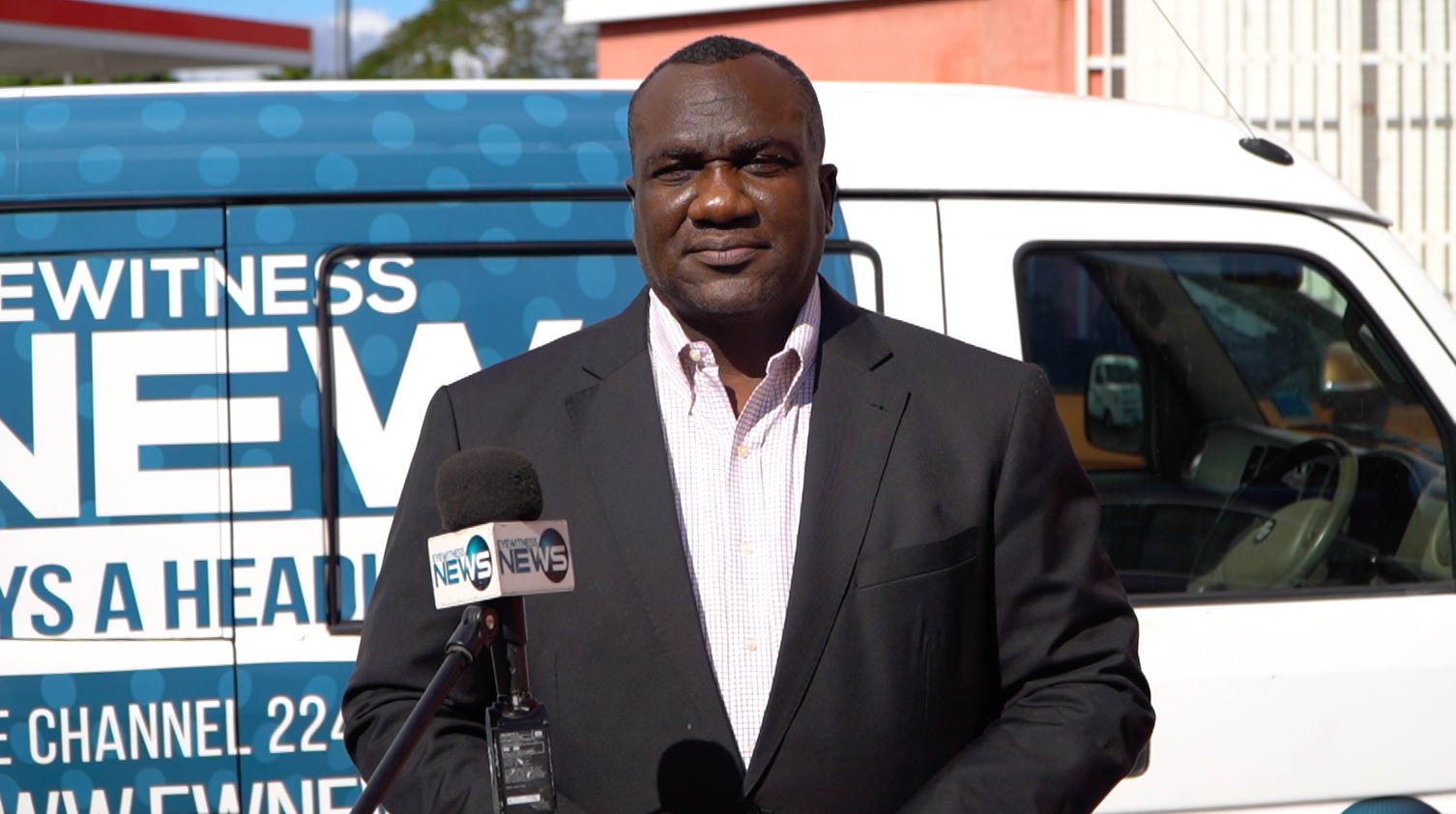NASSAU, BAHAMAS — Bahamas Christian Council (BCC) President Bishop Delton Fernander said while the church believes in the protection of natural resources, it has not seen sufficient data on drilling for oil in The Bahamas to take an official position.
Oil drilling in The Bahamas has been a contentious issue.
Bahamas Petroleum Company (BPC) began drilling an exploratory well last week.
Environmentalists have filed an application for judicial review.
The Supreme Court is expected to hear the application this morning.
In an interview with Eyewitness News, Fernander said the BCC had not discussed the matter as a whole.
“We might be in a position in a month or two to get the relevant authorities to do presentations to us, but we are watching,” he said.
“I made a statement that when it comes to resources, period, we are watching and we believe we have reached a place where we must have better trained Bahamians who are well aware of the value of our resources — not only well aware of the value of our resources, we can do better now at having a return on those resources.
“And if we can do it safely with little environmental [impact] — and if there is going to be an environmental impact, the council will speak out as it did with the last oil agreement if you check your archives.
“But we need the information. We can’t just blanketly say that something is not safe if we don’t know what kind of processes they’re using to extract the oil.”
Earlier this month, environmental groups Waterkeeper Bahamas Limited and Coalition to Protect Clifton Bay filed an application for leave to bring judicial review proceedings against the decision to approve exploratory oil drilling in The Bahamas.
BPC was not named as a respondent in the application for judicial review.
The company has argued that the case is “devoid of substantive merit”.
Aidan Casey, QC, is the lead counsel for the respondents.
The applicants seek to challenge and have quashed Minister of the Environment Romauld Ferreira’s decision to grant environmental approvals in February; approved changes to the project and a new environmental impact assessment (EIA) in November; Environmental Protection and Planning Director Rochelle Newbold’s alleged approval of BPC’s EIA in February; approval of the amendment and resubmitted EIA in November; as well as the decision to approve changes to the project without “an amended EIA and EMP”.
The applicants also seek to challenge and have quashed the government’s decision in April to renew the validity of BPC’s licenses to December; the decision in August to renew those licenses to April 2021; and the decision in November to renew or re-extend the validity of the company’s licenses to June 2021.






